I’ve been thinking recently about the way arguments often get rebuffed by a demand for evidence. Evidence-based this or that is now de rigueur in an increasing number of professions such as medicine, science, business management, public policy making, etc.
I’m not saying that well known or knowable evidence should be ignored!
But the trouble is, at least, that demand for evidence can destroy a conversation if it’s overdone. In conversation, even experts who confidently quote firm facts usually can’t recall on demand the proving evidence. Written arguments are more considered, but it is still difficult to muster, collate and present coherent evidence, which may be new and tentative, in a manner to convince the sceptic while maintaining readability. A cynic or real doubting Thomas demands unequivocal, cast iron, extensive proof before giving new arguments any consideration.
Yet, most of the decisions we make in our lives are made without conscious thought of evidence. Corn flakes or porridge? Volkswagen or Renault? We base these decisions mostly on personal preferences derived from emotional predispositions that reflect personality traits or, at times, transient whims. Choosing a house purchase in Clontarf or Celbridge may involve some objective evidence, but the extent of this is usually limited.
Can You Rely Too Much on Evidence?
Cancer therapy A or B? You might think that this decision is one where most people would seek out objective evidence in an attempt to make the definitive best choice. The trouble is that the true evidence that is available in such cases often doesn’t consist of a single score but of multiple, overlapping statistics. And, there’s evidence (!) from a study by behavioural economists that the prospective patient’s decision depends on the way that the (same) total evidence is presented or ‘framed’. Even in such a life or death matter, serious consideration of scientific evidence doesn’t guarantee one decision over another.
So, how should we view the demands for evidence that have become the sine qua non of intellectual discussion in an increasing array of arenas? There are two reasons why we should be wary of exaggerated demands or expectations from exclusively evidence-based decision making.
One reason is that existing objective evidence simply can’t be the sole basis for decision. Available evidence often does not always point to a single, indisputably optimal outcome. A person’s emotional and cognitive inclinations, or an organisation’s technical capacities and cultural character, will always influence the decision. As yet, behavioural science hasn’t delivered the practical and predictive decision-processing model that reliably incorporates the tacit influences on decision making, even though these are verifiably real. The best we can hope for is that hard evidence will inform, rather than uniquely determine, the decision making process. But, the hard evidence is usually processed in a context of many other factors, and it won’t guarantee a particular outcome or decision.
Secondly, evidence-based reasoning is intrinsically conservative. Evidence exists in respect only of past or present circumstances. Constraining future actions to those based on evidence alone will inevitably confine the scope of these future actions in order to preserve ‘evidential’ reliability. This is an extreme that allows for only minimal, incremental changes from the status quo.
But, a rigorous evidence-based outlook doesn’t acknowledge the great capacity of the human mind for imagination. Imagination seeks out new worlds, and ‘boldly goes where no evidence has gone before’. I think there is only now a dawning acknowledgement in today’s techno-fetishist* world of the essential role of creative imagination in contributing to positive change. This is relatively new and to be welcomed, and provides a balance to the ascendancy of scientific objectivism as a dominant world philosophy over the last 150 years. The interesting point is that the capacity of even scientifically garnered evidence to contribute good in the world is enabled only in conjunction with creative imagination and integrative judgement!
Creativity happens when the imagination is allowed to make an abductive leap away from what is, or what is proven to be, and is allowed to imagine what might be. In the face of evidence that something may not be possible, a creative mind seeks to create or to find new circumstances in which the old evidence and its constraints are no longer valid.
[continued in later post]
* Techno-fetishism is a term coined by Columbia University scholar Amar Bhidé in his 2008 book The Venturesome Economy.
posted in | Design, Design News, Papers, Research, Reviews
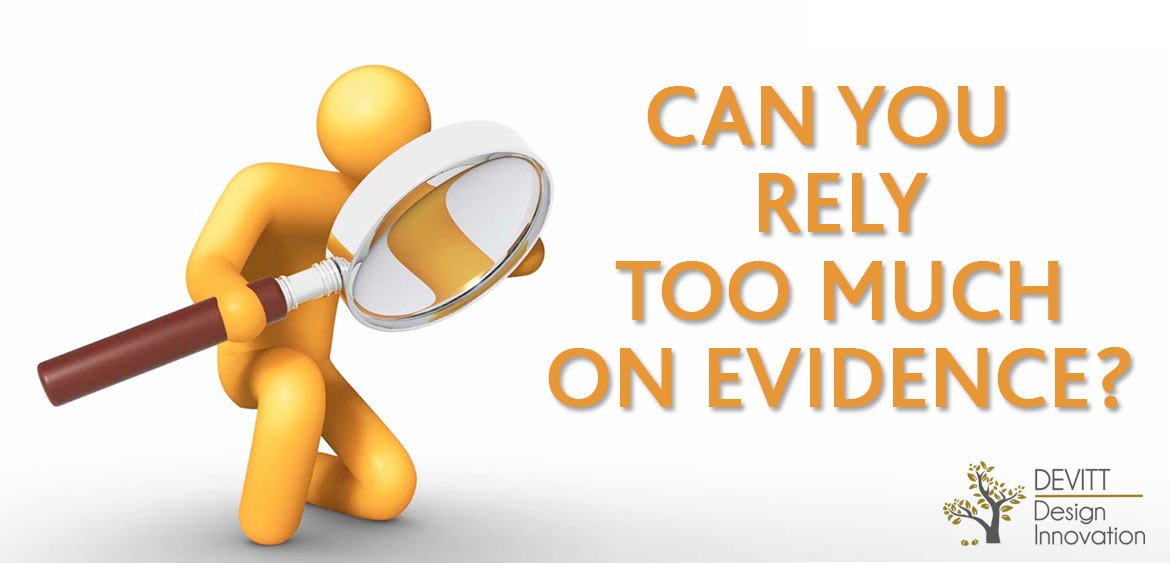
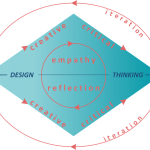
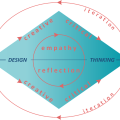
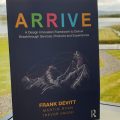
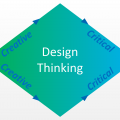
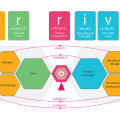

Sorry, the comment form is closed at this time.